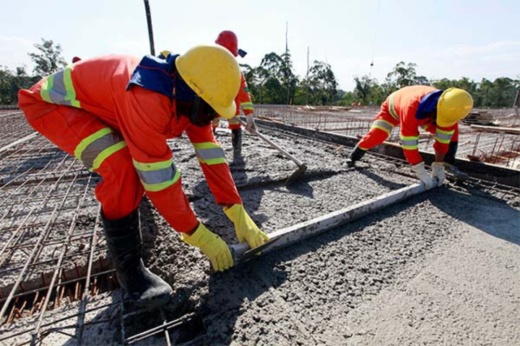The cracked and broken pipeline, which routes from the city’s wastewater treatment plant located at 25839 I-10 Frontage Road, Katy, to detention areas near Pin Oak Road, has caused sinkholes to develop along the bottom of the ditch.
The original plan, devised by David Kasper of ARKK Engineers, who works with the city on engineering projects, was to replace six small segments of the damaged 21-foot and 27-foot sanitary sewer pipe—as opposed to replacing the entire trunk main.
The budget for this project was $250,000, but bids for the construction were particularly high, ranging from a low of $392,575 and spanning upwards to $817,295, Kasper wrote in a memo to Mayor Dusty Thiele and City Council dated Sept. 6.
Kasper credited the unusually high rates to the construction market, where inflation, low availability of materials and manpower, and the size of the project have all impacted the pricing on similar projects.
“Bids have been significantly higher on smaller projects of this nature in recent months,” Kasper said in the memo.
As a result of the high bids, he recommended the city reject the bids for this project and opt for a temporary fix instead: to perform surface repairs to reduce the flow rate of surface drainage and slow the rate of erosion at the bottom of the ditch.
This would require engineers to excavate 4-foot-deep, 5-foot-wide and 20- to 30-foot-long sections at the bottom area of the ditch in four locations where the sinkholes have formed. Engineers would then fill the area with compacted cement-stabilized material and top it with a thin layer of soil and sod.
Kasper states in the memo this is only a temporary solution to a larger issue and that degradation and even failure of the gravity sewer pipe is a possibility as time goes on.
However, city officials anticipate the sanitary sewer pipe will have to be relocated in the next three to five years because of an I-10 widening project by the Texas Department of Transportation.
Until then, ARKK Engineers and city staff will have to monitor the line segments twice a year, Kasper wrote.
Estimated construction costs for the surface repairs are priced at $30,000. With approximately $15,000 of unused items in the project’s budget, the total cost of the project now equals $131,656.50, wrote Kasper.





